Is Commercial Insurance Tax Deductible?
Written by Nick Grant
|
Published on 11th March 2019
|
Last Updated on 27th February 2024
|
Read time: 4 minutes

With another tax season upon us, assessing what you can claim for and what you can’t can be a surprisingly onerous task. Even the most business minded can find themselves overwhelmed by the different financial obligations and concessions presented by the Government. In this article, we breakdown allowable expenses and explain some tips about how you can claim for certain insurances including commercial insurances, such as public liability cover.
What business expenses are allowable?
Allowable expenses are those vital costs that keep your business running. This covers a wide category of tax deductible products and services from uniforms to accountants, but essentially if you need it to run your business then you may not pay tax on a percentage of money spent on it. So if you spent £3,000 on a commercial insurance policy last year, then you might only be taxed on £2,500 of the policy.
Not everything is tax-deductible however (more on this later), so you need to check what’s allowed and what isn’t before submitting a tax return to protect your business from a fine.
Basic expenses include the costs of running your office including stationery and your phone bill, plus staff salaries and uniforms. Advertising and marketing, like a new website for example, and any products you buy or sell are included too. Keep receipts for all purchases, especially high-ticket items such as computers or equipment as they can be listed as assets.
You may not be aware that certain financial expenses such as interest on business loans, overdrafts, credit cards and bank charges are tax-deductible. As is the cost of hiring an accountant.
If driving is an integral part of your business then you can quickly see the miles, maintenance, car insurance, and petrol costs soon build up. Fortunately, HMRC offers ‘Approved Mileage Allowance Payments’ which allow you to claim some of the mileage back as an expense. You can read more about this on the Rates and thresholds for employer’s website.
You should make sure to keep logs of all business journeys, as while you might not have to submit this, HMRC can ask to see your records at any time. If they believe them to be inaccurate or misleading they can fine you.
Is business insurance tax deductible?
In short, yes! Surprisingly, a lot of legal requirements and financial costs can be included when you are filing your tax return. This doesn’t just include legal and professional fees such as solicitors, surveyors, and architects but also insurance premiums.
You can claim for a range of commercial insurance products including public liability insurance, which protects your business should a member of the public or their property become injured or damaged on your premises.
For example you could take out a professional indemnity insurance policy which protects you in the event that you or an employee give advice which is later deemed to be false or negligent. Or you could get employers liability insurance, which is a legal requirement for most businesses with employees. Just ensure that you hang onto your policy documents (you should anyway!) to claim the tax deductible portion.
Be aware that you cannot claim for the legal costs involved in buying property or machinery, although you could claim these costs as capital allowances (that’s another article entirely!). While this is most likely a given, you cannot claim tax bill back on fines for breaking the law. This is another strong reason to take out that tax-deductible professional indemnity insurance policy as it should cover the costs of any fines received.
If you’re interested in finding out more about our range of Business insurance products or to get a quote, then please call Intasure on 0345 111 0680 and we would be happy to help. Got a stellar tip for a tax return with peace of mind? Let us know via our Twitter or Facebook.
*The opinions and views expressed in the above articles are those of the author only and are for guidance purposes only. The authors disclaim any liability for reliance upon those opinions and would encourage readers to rely upon more than one source before making a decision based on the information.

Nick Grant is a Business Development Manager at Intasure with 10 years of insurance experience.

